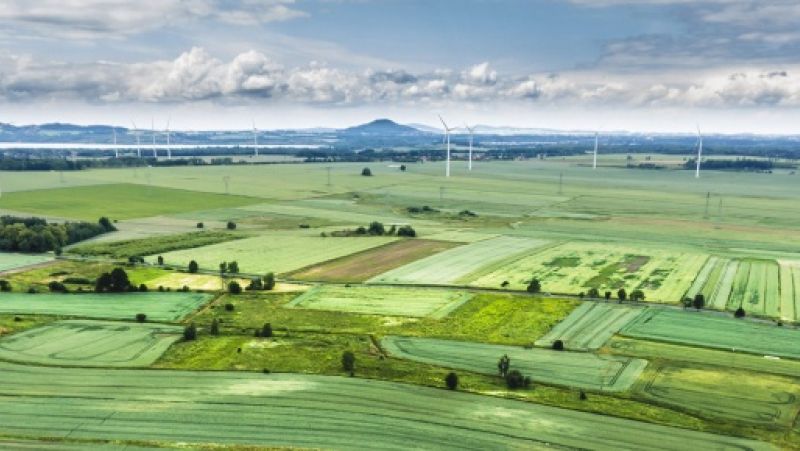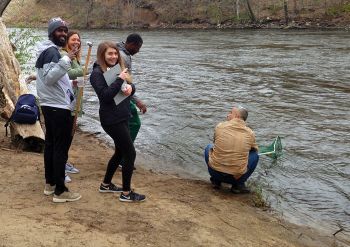
SCTCC’s newest program is ready for students who are set to tackle climate change and other environmental issues. The new Environmental Science degree is a great way to get a head start on a bachelor’s degree while saving money.
By diving into the field of ecosystems, students will learn physical, chemical, and biological processes in the environment.
“The Environmental Science degree at SCTCC prepares students to understand both languages of the ecosystem and environmental issues and environmental law and regulation,” said Khaldoun Ahmad, the program’s lead instructor. “It will provide students opportunities and skills to monitor environmental conditions and problems.”
Classes range from principles of environmental science to natural resource conservation. And it’s not just in-class learning; students have opportunities to get in the field and do in-depth research projects in the St. Cloud community. Past research projects have included studying water quality in various local lakes and rivers, building a working wind turbine, comparing different ground covers, and using hydrangeas as an indicator species.

In addition to doing the research and science behind each topic, students present their findings to the SCTCC community. Part of environmental advocacy is the ability to communicate research and scientific information to the public.
“With this degree, students have the opportunity to work not only in the sciences, but also in policy making and the social sciences,” explained Melissa Lindsey, Dean of Liberal Arts and Transfer. “This degree provides a foundation for students to build on for their future career. It will help students use their curiosity about the environment to increase their knowledge and ability to help society develop excellent environmental policies and practices for the future."
The new AS degree is designed to seamlessly transfer to both St. Cloud State University and Bemidji State University so students can complete a bachelor’s degree at either of those institutions. Starting at SCTCC offers students a chance to save money on their education along with enjoying smaller class sizes and involved instructors.
This degree is a great start for people passionate about the environmental science field who want to effect change. Instructor Ahmad’s passion for the field is apparent: “Climate change is happening and might cause another pandemic that would come in the future. However, there would be no vaccine to control it. This degree teaches students the dynamics of climate change and how to be prepared and avoid it.”